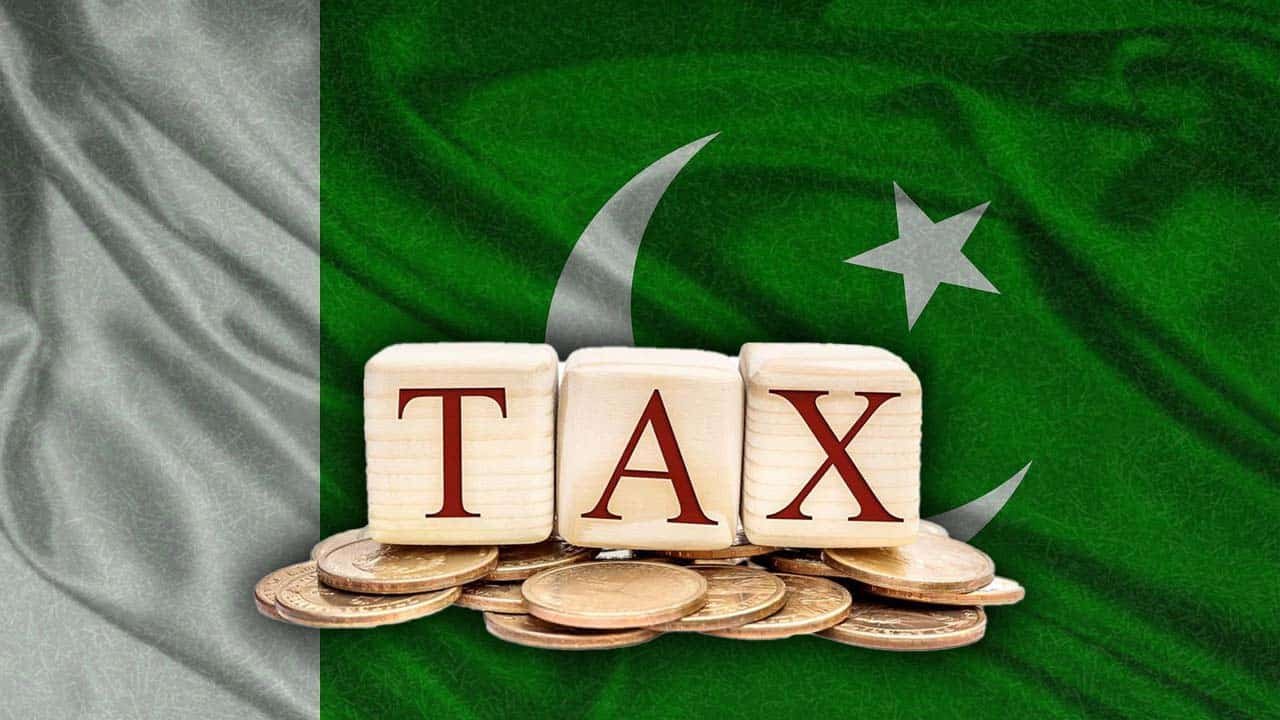The World Bank has retracted its previous recommendation to include individuals earning less than Rs50,000 in the tax system. This reversal comes as the Federal Board of Revenue (FBR) reports that the salaried class has outperformed exporters and the real estate sector in tax contributions over the last three months.
The World Bank clarified its stance, stating that it does not endorse reducing the existing nominal tax threshold. The initial suggestion may have been misleading, according to their spokesperson. The organisation now acknowledges that their recommendation was based on 2019 data and should be updated to account for the recent surge in inflation rates and changes in the labour market to safeguard the interests of low-income groups.
The World Bank’s previous analysis, which used 2019 data, indicated the potential for a lower tax exemption threshold for salaried individuals within a reformed income tax structure. However, this analysis needs to be revised to reflect current economic conditions. The goal is to ensure that low-income earners are not adversely affected.
The World Bank also noted that their recommendation in the Pakistan Development Update (PDU) should have been more explicit about the necessity for new analysis using up-to-date data to inform tax reform decisions.
In addition to these points, the Washington-based lender reiterated its suggestion for comprehensive tax reforms aimed at creating a more progressive tax system and placing a greater tax burden on higher-income individuals.
According to The News, these reforms would involve reducing subsidies, eliminating regressive tax exemptions, and increasing taxation for individuals with higher incomes. The World Bank also recommended improvements in the taxation of agriculture, property, and retail sectors.
The statement from the World Bank emphasised that any adjustments to tax thresholds should be based on recent survey data and designed to protect the income levels of those with lower earnings.
The initial World Bank suggestion had raised concerns among individuals earning Rs50,000 or less, who are currently exempt from direct taxes. These concerns were driven by the backdrop of soaring inflation and an increased cost of living that has placed significant strain on this income group.







